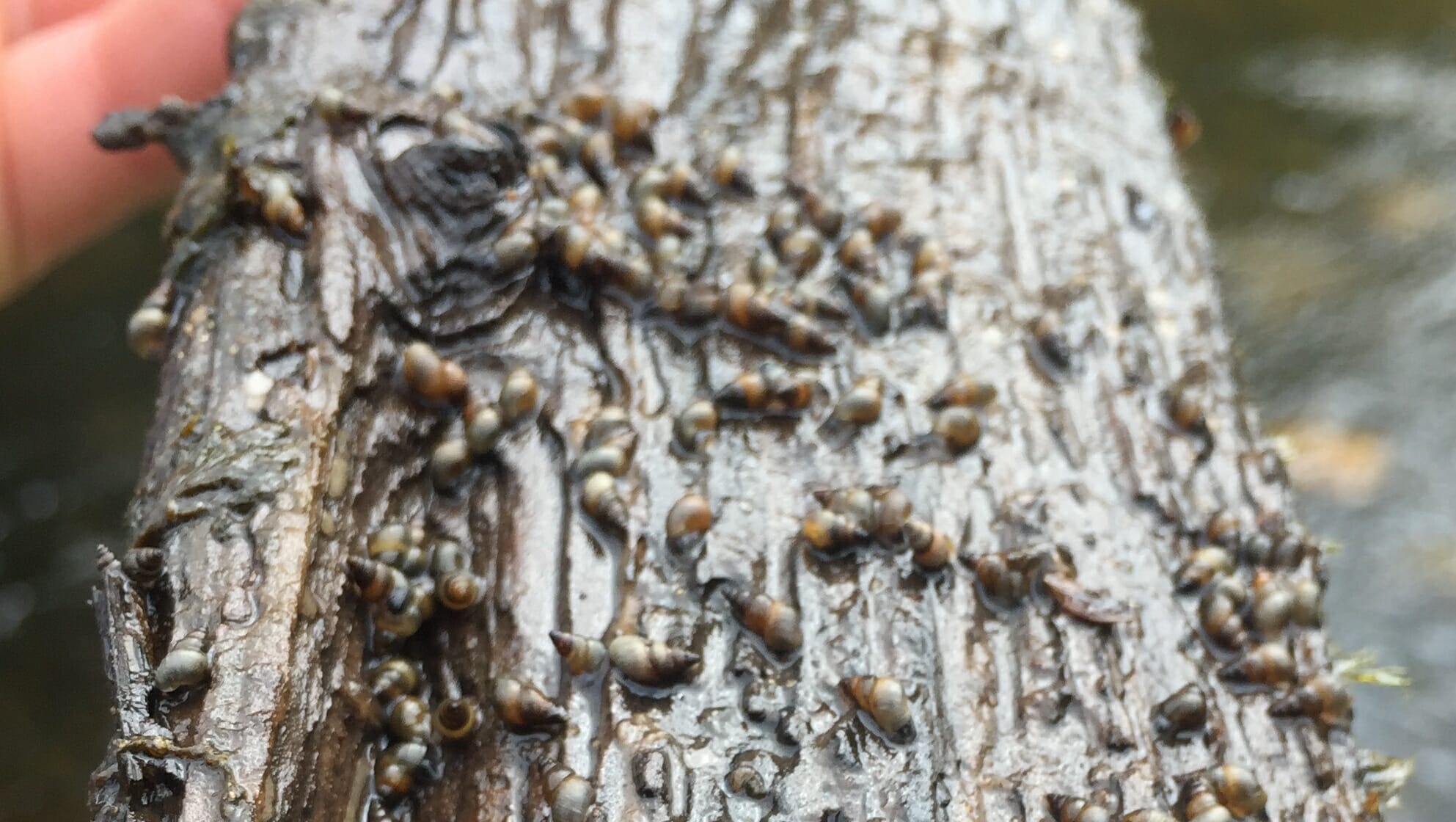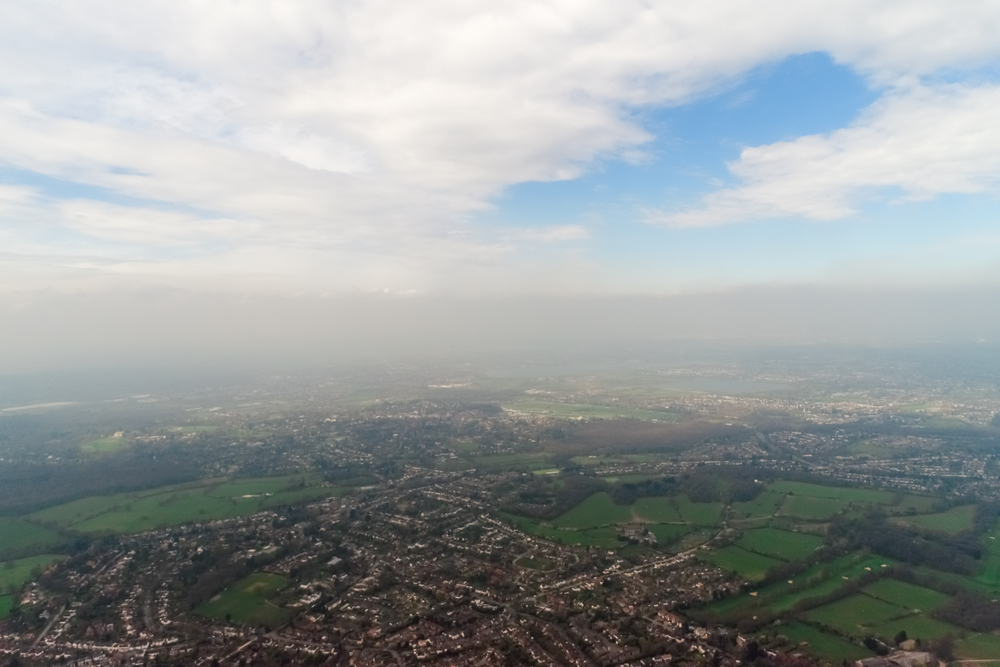Environment: Environmental Overview
The United Kingdom (UK) is a country known for its lush green landscapes and rugged coastlines. With diverse ecosystems ranging from rivers and lakes to mountain ranges and coastlines, the UK's environment is home to a wide range of flora and fauna. However, the country also faces environmental challenges, including pollution and habitat loss.
Rivers
The UK is home to several important rivers, including the Thames, Severn, and Mersey. These rivers are home to a variety of fish species, such as salmon and trout, which play an important role in the country's economy and recreational activities. However, the health of these rivers is threatened by pollution from agricultural runoff, sewage, and industrial waste.
Lakes
The Lake District, located in the north of England, is home to the country's largest and most iconic lakes, such as Windermere and Coniston Water. These lakes are important for tourism and recreational activities, but they are also threatened by pollution and invasive species, including the New Zealand mud snail.
Coastlines
The UK is surrounded by coastlines that are rich in biodiversity, with habitats ranging from rocky shores to sandy beaches. These habitats are home to species such as seals, dolphins, and seabirds. However, the coastlines are also threatened by pollution and climate change, which is causing sea levels to rise and erosion to increase.
Reefs
The UK has several coral reefs, including the cold-water coral reefs off the coast of Scotland. These reefs are home to a variety of species, including fish, crustaceans, and sponges. However, these reefs are also threatened by human activities such as bottom trawling and oil and gas exploration.
Mountains
The UK's mountain ranges, including the Scottish Highlands and the Welsh mountains, are important habitats for rare and endangered species such as the golden eagle and the Scottish wildcat. However, these habitats are also threatened by human activities such as overgrazing, forestry, and recreation.
Deserts
The UK does not have any deserts.
Air Quality
Air pollution is a major environmental issue in the UK, with urban areas such as London and Manchester experiencing high levels of pollution. This pollution is primarily caused by traffic emissions and industrial activities. Poor air quality is a significant public health concern, as it is linked to respiratory and cardiovascular diseases.
Conclusion
The United Kingdom's environment is diverse and rich in biodiversity, but it also faces significant environmental challenges. Pollution and habitat loss threaten the health of the country's rivers, lakes, and coastlines, while air pollution is a major public health concern. However, the UK also has a strong tradition of conservation and environmental stewardship, with organizations such as the National Trust and Royal Society for the Protection of Birds working to protect the country's natural heritage.
Copyright © 1993—2024 World Trade Press. All rights reserved.

 United Kingdom
United Kingdom 
